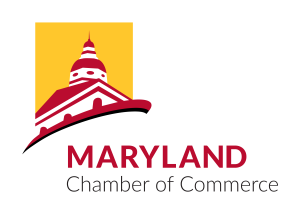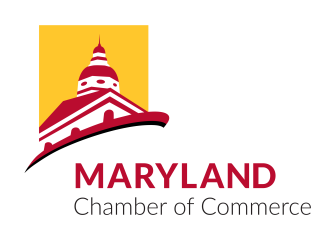
Most Marylanders oppose increases in state government services and taxes, according to a poll released Tuesday that also found the vast majority expressing concern about their personal finances.
The poll is the first from the new Institute of Politics at the University of Maryland, Baltimore County. Part one of the survey asked voters their opinions on the economy, the direction of the state and Gov. Wes Moore’s job performance two years into his term.
It is a first look at how state residents feel about taxes and government months before a 2025 legislative session that is likely to include a new round of debates over whether to increase taxes — something that Moore and Senate President Bill Ferguson (D-Baltimore) have said must reach a high bar.
Forty percent of those polled want to maintain the current level of state government services and taxes, while another 36% said they would prefer fewer services and lower taxes.
“Maryland state government does a lot compared to some other states. They do provide a pretty robust set of government services,” said Mileah Kromer, a pollster and director of the Institute of Politics.
Only 15% of those surveyed said they would support expanding government services even if it meant a tax increase.

“The general takeaway from this is that a plurality of folks are happy with or satisfied with the combination of state government services and taxes they are paying right now,” Kromer said. “It is always difficult to raise taxes or fees in an environment in which so many Marylanders right now say the economy just isn’t that good. It does create a balancing act that lawmakers are going to have to confront this legislative session.”
The state faces a number of significant fiscal challenges in coming years: A plan to pump billions into public school education will balloon the structural deficit to $3 billion by fiscal 2028, and the state is grappling with increased spending on Medicaid spending and state child care subsidies.
In August, Moore warned county leaders of difficult fiscal decisions ahead. But at the same time both he and Ferguson said any broad-based tax increases would have to clear an “extremely high bar.”
Kromer said the push and pull between public views on the government and economic conditions presents a “balancing act” for lawmakers and the governor.
“They’re going to have to make sure they look very, very carefully at what people are saying that they’re concerned about, and make sure that any expansion of government services or improvement of government services speaks directly to some of those concerns,” Kromer said.
Kromer’s poll found that most Marylanders are concerned about the economic pressures affecting them personally.
Just under one -third of those surveyed said economic conditions over the last year were excellent or good, despite a decrease in inflation during that same period. Two-thirds called economic conditions fair or poor.
“I think the economy right in front of them is what drives that negative perception of the current condition of the Maryland economy,” Kromer said.
Kromer said the poll highlights the harsh economic realities many in her poll say they are confronting.
“Nothing tells the story more than the fact that 89% of Marylanders are either very or somewhat concerned about the price of food and consumer goods,” she said. ”We’re talking about basically everybody says that this is a concern. That is an economic indicator that is fundamentally different from things like the stock market.”
The inaugural UMBC Poll surveyed 1,003 Maryland adults including 917 who said they were registered voters. The poll was conducted Sept. 23-28. It has an overall margin of error of 3.1%. The margin of error among registered voters is 3.2%.
Those surveyed had more than just the cost of food and consumer goods on their minds.
More than 4 in 10 expressed concerns about the cost and availability of housing, and 3 out of 4 said they were concerned about the ability to find a good paying job. Seventy-four percent were concerned about the high cost of gasoline and energy.
Only 47% said they were concerned with how the stock market is performing.
Despite those concerns, a plurality said they think Maryland is on the right track, with 46% saying the state is moving in the right direction and 4 in 10 saying it’s on the wrong track.
And a majority said they approved of Moore’s job performance so far.

Moore, in the second year of his term, remains popular, with a 54% job approval rating in the poll. Within that number, 80% of Democrats and 47% of independents approve of his performance, while nearly 7 in 10 Republicans disapprove of the governor’s job performance so far.
When it comes to opinions of the state’s major political parties, it is unsurprising that Democrats and Republicans overwhelmingly love their own.
Independent voters dislike both parties though, at least for now, they dislike the Democrat party a little less. Forty-two percent of unaffiliated voters said reported a favorable impression of the Democratic Party, compared to 46% unfavorable. Just 34% of independents had a favorable opinion of the GOP, compared to 54% with an unfavorable opinion.
Part one of the poll was released Tueday. Part two, to be released Wednesday, includes views on the presidential and Senate campaigns in Maryland, and gauges public sentiment toward a ballot question that would enshrine the right to an abortion in the Maryland Constitution.


